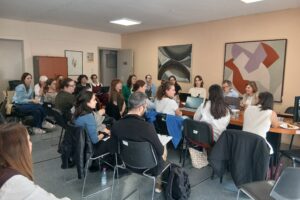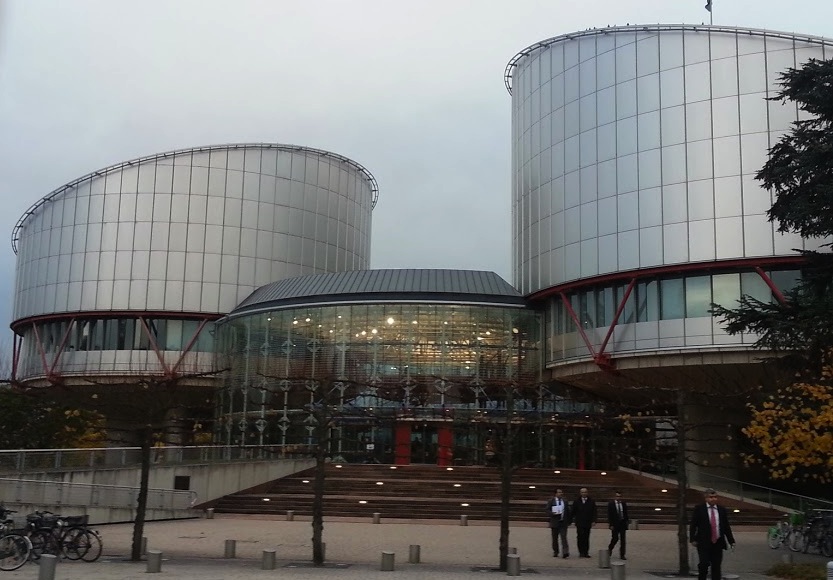
Jun 8, 2015
Today, the ICJ jointly with the AIRE Centre and ILGA-Europe submitted written submissions in the case of Klobučar v. Croatia (Application no. 28416/14) before the European Court of Human Rights.
The case, which concerns alleged ill-treatment at the hands of state officials motivated by homophobia, provides the Court with an important opportunity to identify the scope of the State Parties’ procedural obligations under the European Convention on Human Rights in such cases. These include the duty to take all reasonable steps to identify whether there has been any discriminatory motive behind the treatment said to be in violation of the Convention based on animus or prejudice against one’s real or imputed same-sex sexual orientation and/or gender identity or expression.
The submissions focus on:
- The nature and scope of the positive obligations of Contracting Parties under the Convention in respect of allegations disclosing credible evidence of treatment prohibited under Article 3;
- Same-sex sexual orientation and/or gender identity as a ground of discrimination; and
- The duty to take all reasonable steps to identify any discriminatory motive in connection with allegations of ill-treatment.
CROATIA-AMICUS in KLOBUCAR ECtHR-LEGAL SUBMISSION-2015-ENG
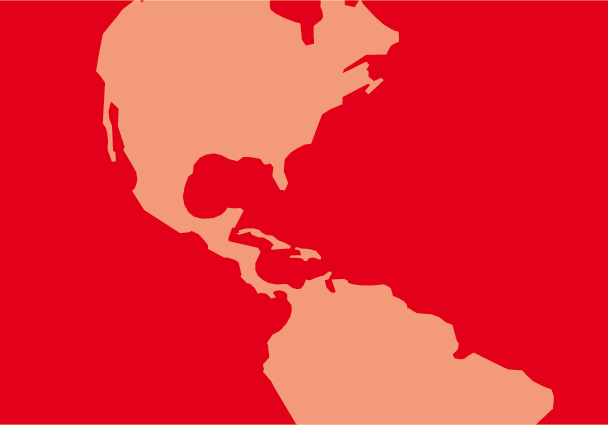
Jun 5, 2015
On 4 June 2015, the ICJ and other groups made a submission to UN Human Rights Committee in advance of the Committee’s examination of Venezuela’s compliance with its obligations under the International Covenant on Civil and Political Rights.
The submission by the ICJ, the International Bar Association’s Human Rights Institute and the International Association of Judges, ahead of the Committee’s 114th session from 29 June to 24 July 2015, highlights serious concerns regarding violations of the right to life, freedom from torture, freedom of association and the independence of the judiciary and legal profession in the country.
Venezuela-ICJ-IBAHRI-IAJ Informe Alternativo-Advocacy-legal submission-2015-SPA (full text in PDF, Spanish)
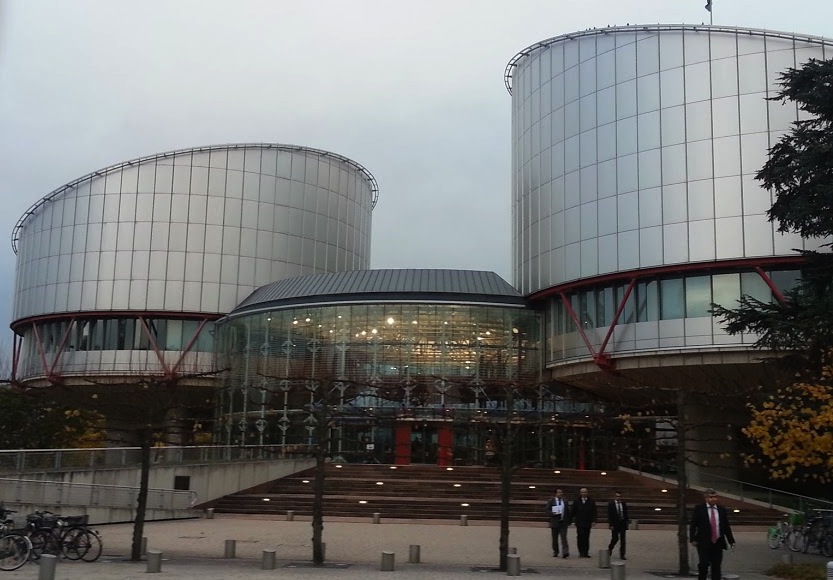
May 19, 2015
Today, the ICJ and other rights groups presented joint written submissions to the European Court of Human Rights in the case of A.T. v. Sweden (Application No. 78701/14).
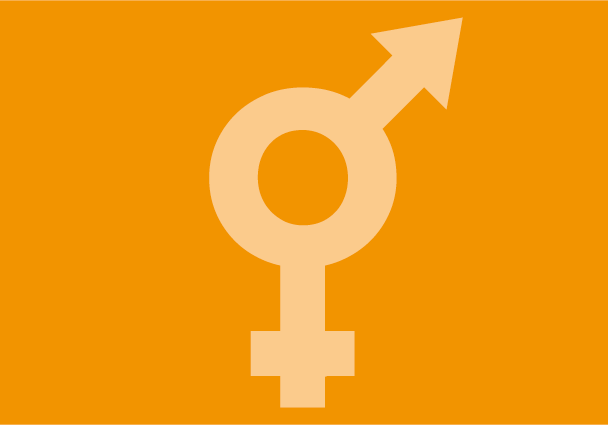
May 12, 2015
Today, the ICJ made a submission to the Committee on Economic, Social and Cultural Rights in advance of Committee’s examination of Uganda’s initial periodic report under the International Covenant on Economic, Social and Cultural Rights.
In its submission, the organization drew the Committee’s attention to:
a) the detrimental impact of the adoption and enforcement of the Anti- Homosexuality Act, 2014;
b) the effect of pre-existing and extant criminalization of consensual same-sex sexual conduct; and
c) the introduction of the Prohibition of Promotion of Unnatural Sexual Practices Bill, on the respect for and the protection and realization of certain Covenant rights.
The ICJ considers that those laws violate – or would violate if adopted in the case of the above-mentioned Bill – the following Covenant rights of Uganda’s population generally, and in particular of lesbian, gay, bisexual and transgender persons in the country:
a) the principle of non-discrimination;
b) the right to work and to just and favourable conditions of work;
c) the right to an adequate standard of living, including adequate housing;
d) the right to the enjoyment of the highest attainable standard of physical and mental health; and
e) the right to education.
Each section features a number of recommendations.
Uganda-ICJ CESCR submission-Advocacy-non legal submission-2015-ENG (full text in PDF)
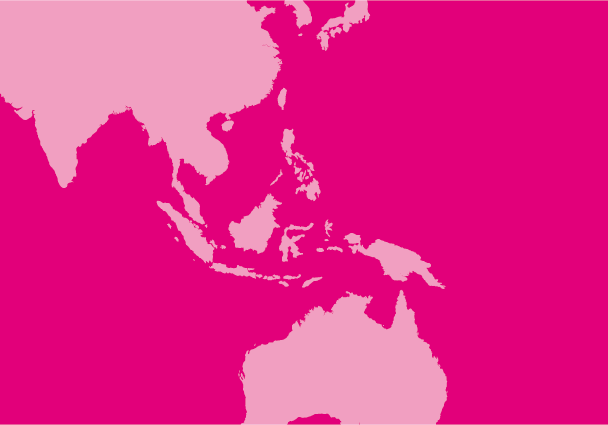
May 11, 2015
Today, the ICJ made a submission to the Committee on Economic, Social and Cultural Rights in advance of the examination of Thailand’s initial and second periodic reports under the International Covenant on Economic, Social and Cultural Rights.
The submission provides the Committee with information about certain obstacles that undermine the implementation of the Covenant.
First, the ICJ highlights the obstacles to the enjoyment of the rights guaranteed by the Covenant that have arisen as a result of the new legal and institutional framework since the Thai military implemented Martial Law nationwide on 20 May 2014 and staged a military coup on 22 May 2014.
The submission further describes barriers faced by women to their enjoyment of their rights under the Covenant on the basis of equality and freedom from discrimination.
The submission concludes with a number of recommendations.
Thailand-ICJ CESCR submission-Advocacy-non legal submission-2015-ENG (full text in English)








